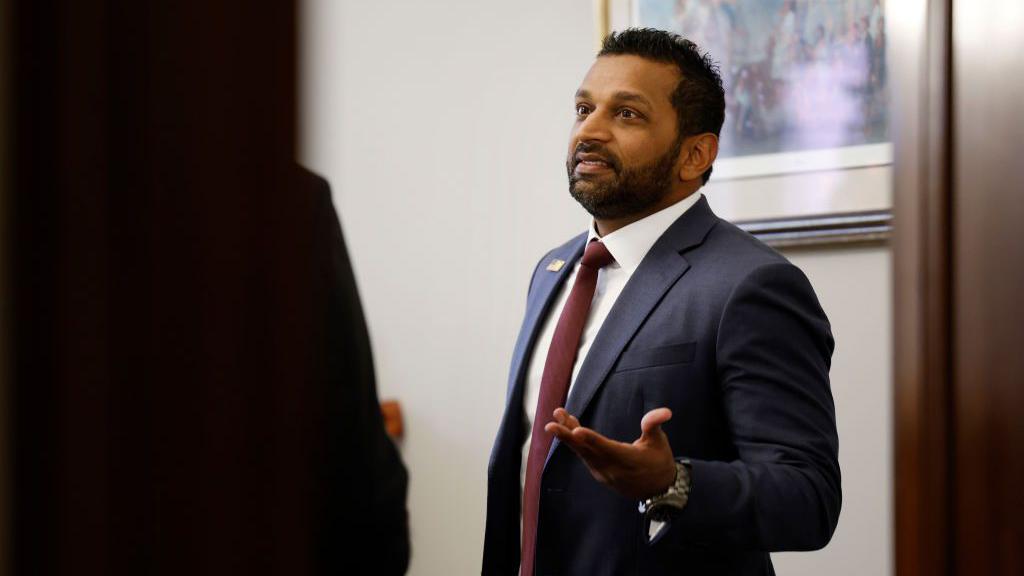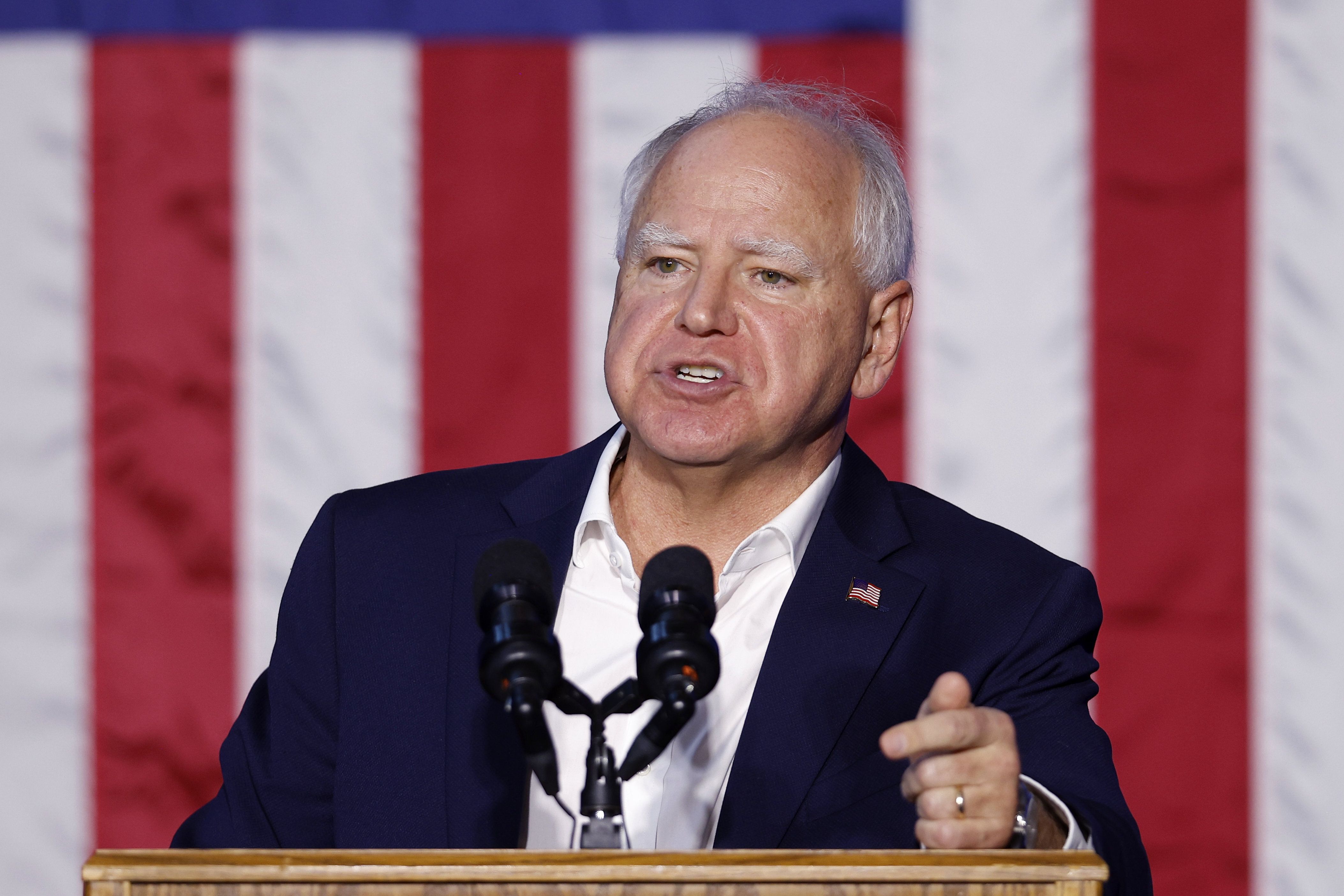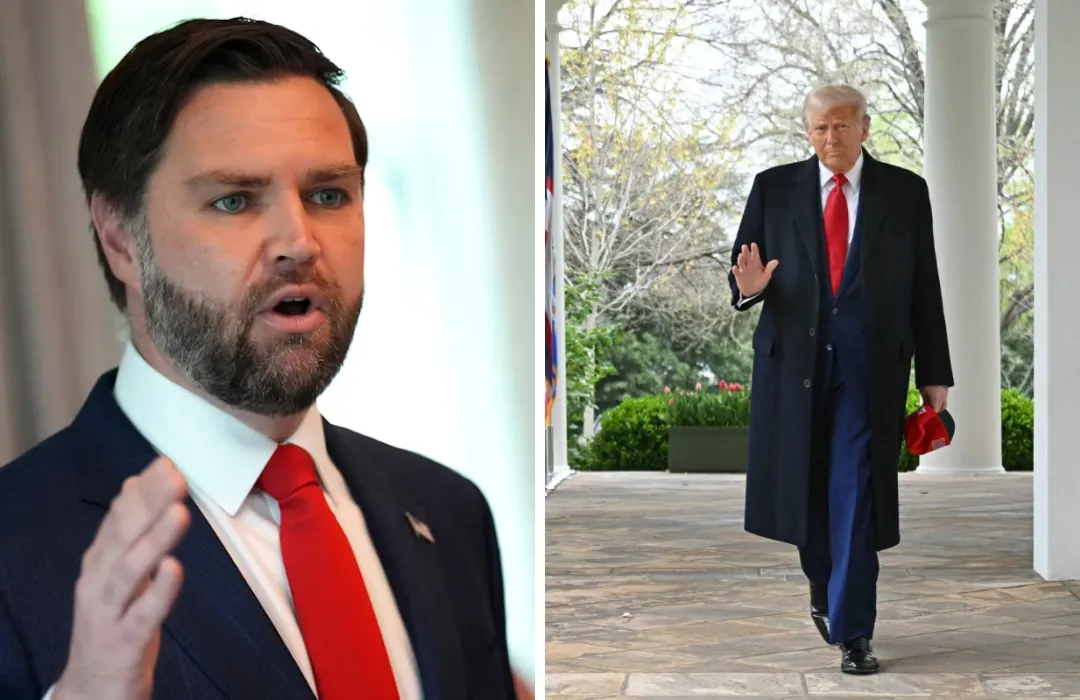
Tim Walz, the Minnesota Democratic Governor and former vice presidential nominee, is facing increasing pressure and federal scrutiny over his administration’s handling of a state housing program plagued by fraud allegations.
Just one day after announcing his bid for a third term as governor, Walz’s administration found itself in the midst of a firestorm regarding the Housing Stabilization Services program, which was abruptly shut down in light of extensive fraud claims and concerns over mismanagement.
The program, originally funded by Medicaid, was intended to assist older adults and people with disabilities in securing stable housing. However, according to reports, its costs soared from an estimated $2.6 million annually in 2017 to a staggering $107 million by 2024.
The Minnesota Reformer was among the first to highlight these concerns, pointing out the exponential rise in expenditures despite the program's intended purpose to provide affordable housing solutions to the state's most vulnerable populations.
The program, which falls under the Department of Human Services (DHS), came under fire after Temporary DHS Commissioner Shireen Gandhi requested federal assistance to terminate it, citing “credible allegations of fraud” within the program.
Gandhi’s call for federal intervention comes after a series of troubling incidents and an exponential increase in the cost of the housing assistance program. The federal probe aims to determine the extent of the fraud and how these operations were allowed to continue unchecked for so long.
The Minnesota Republican-led House Fraud Prevention and State Agency Oversight Policy Committee convened a hearing just days after the announcement to question DHS officials about how such widespread fraud could be overlooked for so long.
The timing of the hearing was crucial, and about 45 minutes before the hearing was scheduled to take place, Walz issued an executive order creating a statewide Inspector General Coordinating Council led by the Bureau of Criminal Apprehension (BCA).

However, the council’s exact role and its authority remain somewhat ambiguous, drawing criticism from Republican legislators who questioned the motives behind its creation.
Gov. Walz, seeking to quell mounting concerns, responded to the allegations by highlighting steps his administration has taken to address fraud and bolster oversight.
He pointed to the creation of a new position, an inspector general (IG) within DHS, and efforts to increase data sharing across state agencies to improve fraud detection.
Walz has insisted that his administration is committed to rooting out fraud, saying in a WCCO interview, “If you’re going to commit these crimes in Minnesota, you are going to get caught.”
Despite Walz’s rhetoric, the issues surrounding the Housing Stabilization Services program and other similar state-managed programs paint a troubling picture.
A series of scandals, including the Feeding Our Future scandal, Medicaid abuses, and issues within the state’s autism programs, have highlighted significant vulnerabilities within Minnesota’s social services programs.
The Housing Stabilization Services program, which is the most recent and one of the most costly, is the latest in a string of state-run programs that have faced corruption and mismanagement, leading to a growing backlash against the Walz administration.
Rep. Kristin Robbins, the Republican chair of the Fraud Prevention and State Agency Oversight Policy Committee, has become one of the most vocal critics of Walz’s response to these allegations. Robbins, who is also a candidate for governor, expressed her skepticism over the executive order that established the new IG council.

She described it as a “distraction” rather than a real solution to the problem. “Releasing this executive order just before today’s House Fraud Prevention and State Agency Oversight hearing appears more like a distraction than a solution,” Robbins remarked.
“Our committee will continue pressing for accountability and real reforms to protect taxpayers and ensure state programs serve those truly in need.”
The criticisms directed at Walz’s administration extend beyond political lines. Even within the Democratic ranks, questions have arisen about whether enough is being done to hold officials accountable for the mismanagement and abuse of taxpayer funds.
The program, which billed the state for over $100 million over six years, has left many questioning how these funds were used and whether adequate oversight was in place to prevent such massive fraud from taking place in the first place.
DHS Inspector General James Clark was called to testify before the committee on the program’s handling, and he revealed that the agency had suspended payments to 115 providers in the Housing Stabilization Services program.
However, many lawmakers, including Robbins, pressed Clark on why the department took so long to act. It was only after a KARE 11 report exposed the fraudulent activity that the agency began to take a more aggressive approach, halting payments when fraud was suspected and promptly notifying law enforcement.
Robbins raised concerns over the fact that the department continued to make payments to alleged fraudsters in an effort to avoid tipping off suspects.
“Why did the agency fail to act sooner? Why did it take a news report for action to be taken?” Robbins questioned. The FBI’s involvement in the case, which included raiding five Minnesota businesses accused of Medicaid fraud, further complicated matters and raised suspicions that the program’s issues may have been far more widespread than originally believed.

Shireen Gandhi, the DHS Commissioner, defended the agency’s actions by stating that the department is now taking a more proactive stance toward fraud detection.
“We’ve learned from past mistakes,” Gandhi told the committee. “We’re no longer going to let fraudsters get away with stealing from the people who need assistance the most.”
However, despite these assurances, questions remain about the effectiveness of the state’s response to these concerns, especially given the scale of the fraud involved.
Meanwhile, Walz’s opponents have seized on these issues as a key point of contention as they prepare for the upcoming election. Robbins, who is running for governor, has made it clear that she intends to use her role on the Fraud Prevention Committee to challenge Walz’s handling of the situation.
She has vowed to push for greater transparency and accountability in the state’s social services programs and to hold Walz’s administration accountable for the breakdown in oversight.
Walz’s executive order creating the IG Coordinating Council is seen by some as a step in the right direction, but its efficacy remains uncertain. Some critics argue that the council is too closely tied to the governor’s office and lacks the necessary independence to effectively investigate and address issues of fraud and mismanagement.
As the investigation continues, the public and political scrutiny of Walz’s handling of the Housing Stabilization Services scandal is likely to intensify, with some calling for more far-reaching reforms to prevent future fraud within state programs.
The controversy surrounding the program underscores broader concerns about fraud prevention and accountability in Minnesota’s state-run programs.

With millions of taxpayer dollars at stake, there is growing pressure on Walz to take immediate and decisive action to restore public trust and ensure that state resources are being used effectively and efficiently.
As the federal investigation continues, many are watching closely to see how Walz and his administration will respond to the mounting criticism and whether any real reforms will be enacted in the wake of this scandal.
As the investigation into the Housing Stabilization Services program moves forward, the state faces critical questions about how to address systemic issues within its social services programs.
The outcome of this case could have long-lasting implications for the future of fraud prevention in Minnesota and may serve as a bellwether for other states grappling with similar issues.
For now, Walz’s political future hangs in the balance as the state’s leaders seek accountability and reform in the wake of one of the largest fraud scandals in Minnesota’s history.



